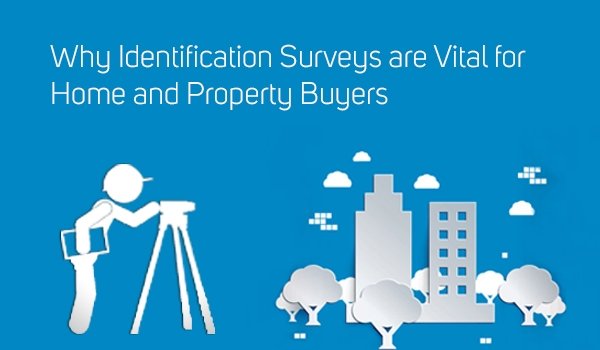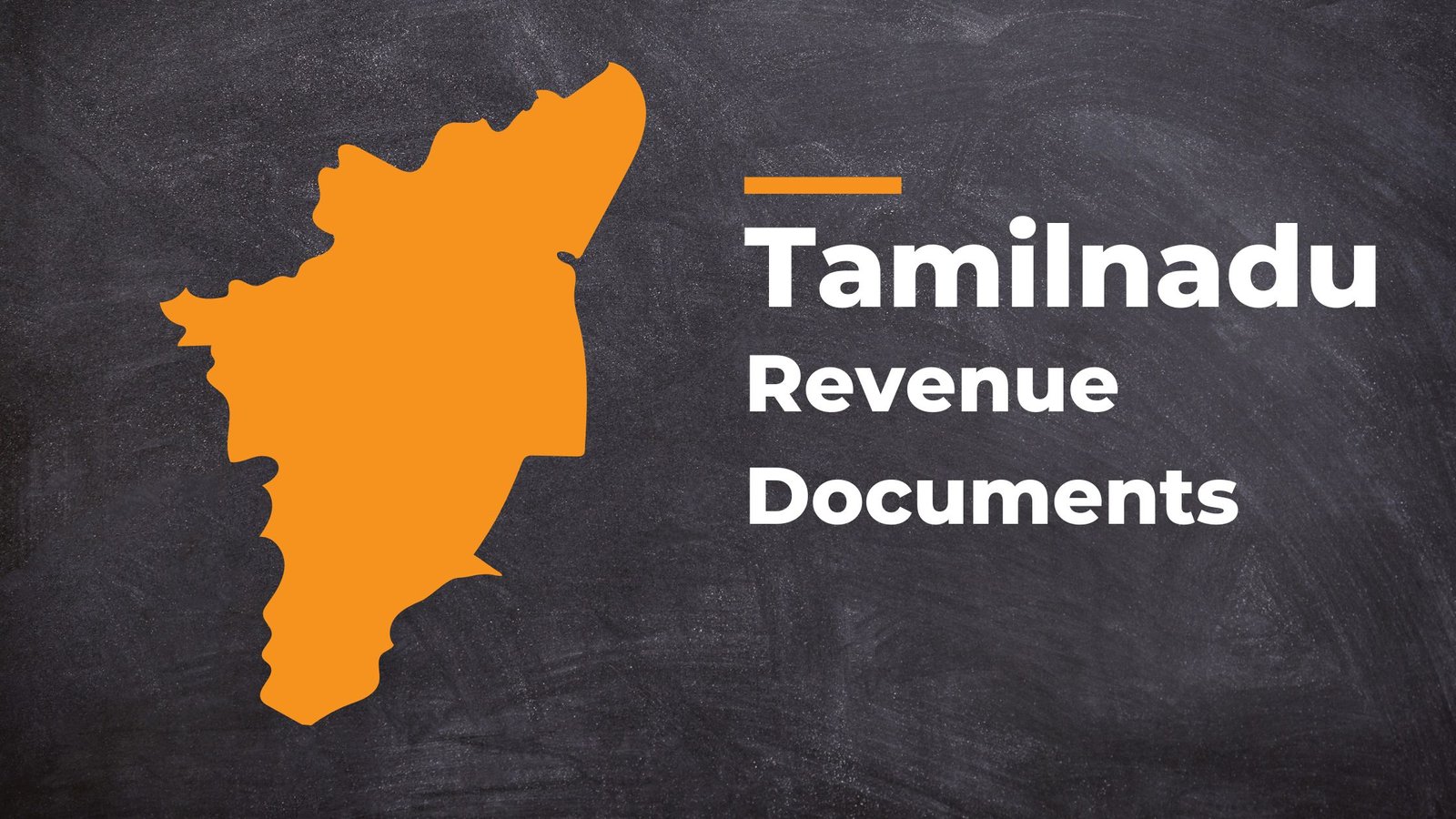When we buy properties, we usually look at an apt place and affordable price. These are no doubt, vital parameters for short-listing; however, there is a lot of research you have to do before finalizing a deal. Many property buyers skip this to save money, but we feel it may end up in buying a very costly mistake. Doing such research is called due diligence, but we call it a document verification survey. Despite how assured you are that everything will be fine with the property, a professional must conduct a document verification survey. Before investing in your dream property, verify the following essential property documents to avoid getting into any legal tangle in the future:
1. Title Deed:
Title deed guarantees that the seller has assured legal possession of the property. Scrutinize the original title deed, check for ownership and rights to sell off the property. You can do the title search on the state government registration website or consult a professional.
2. Mother Deeds/ Parent Documents
It’s an important legal document that traces the property’s previous owners from the start and establishes the new ownership on further sale. Parent Document incorporates the change in ownership of the property through purchase, partition, gift, or inheritance. The Parent Document must record the references to previous ownership in a sequence, up to date until the current owner. If the sequence is missing, refer to the records from the registering offices.
3. Approved Plan
Before planning to buy an apartment/villa/empty site, you need to cross-check the building/layout plan approved by the local body/ DTCP along with approvals issued by the statutory and regulatory authorities, for granting primary amenities like water, sewage, electricity, etc. Without the building approval plan, the construction will be considered illegal. Any unapproved or additional construction runs the risk of being demolished or denied occupancy later on.
4. Conversion Certificate
With growing urbanization, many agricultural lands are converted to non-agricultural use and merging with urban conglomerates. The buyer must check the Master Plan and ensure that the property is developed as per the zoning plan. Suppose actual use is different from the stated zoning, obtaining orders from the DTCP approving a change of land use is mandatory.
5. Patta/ TSLR (Town Survey Land Register)
The issuance of Patta implies that you have lawful ownership over the property. It is issued in the name of the single owner or the joint owners. If there is any dispute with the Government or any third person regarding the land, we can use Patta to establish the right of ownership in a court of law. If we have Patta, we can easily claim the compensation even if the Government wishes to acquire land. Patta transfer must be done, only after a transfer or a transaction has taken place concerning the property. Check the Patta/TSLR in TN here.
6. 1984 RSR (Re-survey Register)
Another important legal document to be verified before buying the property in Tamilnadu is the 1985 RSR record available with the VAO. It is advisable to check the documentary continuity from the owner mentioned in the RSR to the present owner.
7. Encumbrance Certificate (EC):
An Encumbrance Certificate is essential to figure out that a property is legally free of any outstanding mortgage or loan. It also contains details of transactions of the property during the period for which the EC is obtained. Simply, it is a certificate sought for a particular period evidencing the property buying/selling, the carriage of any transaction or mortgage. If you are buying a property in Tamilnadu, you can check the online EC here.
8. Survey Sketch/ Field Measurement Book (FMB):
When you look at the property’s boundary map, you can’t be able to identify the boundaries immediately on the field. Commonly, the area and dimension in the Revenue sketch, field map, and the document won’t match one another. Property buyers should conduct a land survey before buying the property even if a land survey has done recently; it could be outdated. Getting a new survey will clearly define your property boundary line, and it is quite important when you delve into legal matters like easements. A Land survey also includes things like area of the land, right-of-ways, elevation, and shared yards with your neighbors if any. The cost of a land survey will depend on several factors: the size of the property, time to complete the work, and how much research the surveyor has to do with the property, etc.
Subdivision: A land or a vacant site has to be subdivided if the same is purchased in a portion of land or an empty site, to ensure the precise ownership of the same, thereby removing the ambiguity of ascertaining the boundary from the co-owner.
9. Power of Attorney (POA):
It’s a legal procedure practiced to appoint a power of attorney by the property owner to do all such acts and deeds in the owner’s absence. One can provide a Special Power of Attorney (SPA) or a General Power of Attorney (GPA) to transfer rights over his/her property.
10. Latest tax paid receipt:
Request the seller for the latest original tax paid receipts (such as Property/Vacant land tax) and utility bills(such as water bill, electricity, etc.,) and check the owner’s name, the tax payer’s name, and payment date on the receipt. Once the property is transferred to your name, you will be responsible for paying all pending dues against the property. So ensure that tax and utility bills are paid up-to-date before completing the transaction.
11. Completion Certificate (for a newly built property):
The local municipal authorities issue a completion Certificate on project Completion. This Certificate expresses that the property is constructed as per the approved plans and suitable for occupancy. It is an essential document required to buy a newly built property and inquire about a home loan.
12. RERA:

It is always safe to buy a property registered with RERA. Otherwise, you will not be able to approach the officials to file a complaint if needed. The primary purpose of RERA’s presence is to protect buyers while buying a property. The official web portal of RERA of each state provides useful insight into the developer’s trustworthiness and helps the buyer make a well-versed choice. If you are buying a property in Tamilnadu, you can check the RERA portal here.
Conclusion
In addition to the documents stated above, you may need to verify paperwork specific to the state you live in. An easy way to confirm that the property has a clear record is to see if it has loan approvals from Bank. Because Banks have rigorous lending rules and do their required due diligence before releasing loans, however, this is not always error-free. There are many cases where the builder had bank support, but the project landed in legal troubles. It is, therefore, better to get professional help. If necessary, get a paid opinion from a lawyer, surveyor, and document writer who specializes in property transactions and get all documents verified. When you’re careful about verifying and obtaining records, ownership of a property becomes a pleasurable experience.









